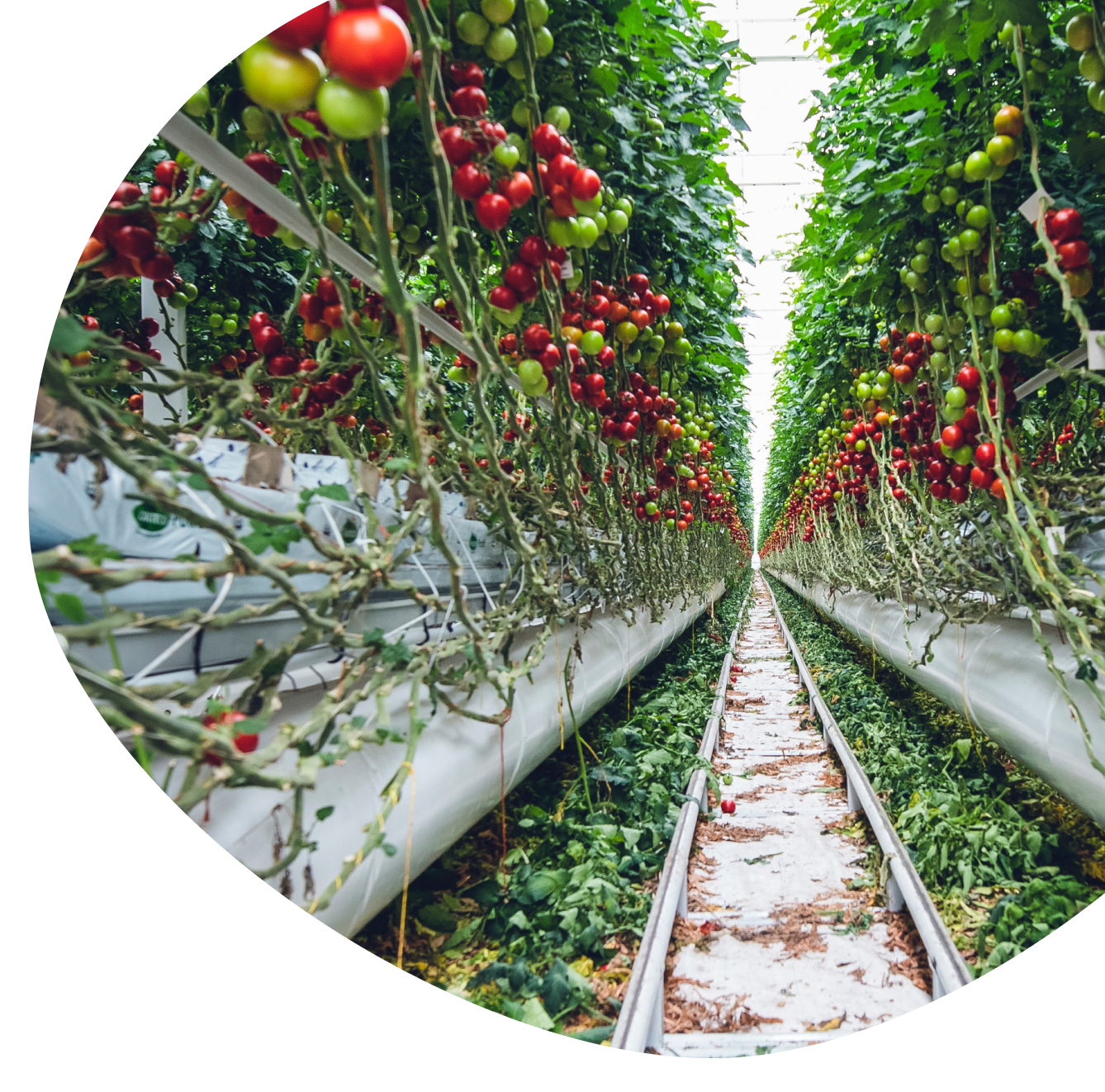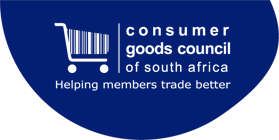
GS1 South Africa Showcases The Verified By GS1 Registry Linked To An App For Enhanced Product Authentication In South Africa
05 March 2024
In today's digital landscape, accurate and complete product information is paramount for informed consumer decisions. Yet, the prevalence of inaccurate data sourced manually online often leads to dissatisfaction among consumers and costly returns for retailers.
To address this challenge, GS1 in collaboration with leading Consumer Goods Forum member companies such as Kellogg Company, Kroger, Procter & Gamble (P&G), Walmart, Wegmans, Rhodes Food Group, has developed Verified by GS1, an innovative registry solution that aims to provide a reliable source of product information, ensuring consumer confidence and reducing discrepancies between expected and received items.
Verified by GS1 is being rolled out in a phased approach, starting with consumer packaged goods (CPG) companies across several countries, including the U.S., Belgium, Brazil, France, Germany, India, Mexico, the Netherlands, and South Africa. Additional GS1 organisations worldwide will join efforts to populate the GS1 Registry Platform with essential data throughout 2024 and beyond.
In South Africa, where the challenges of illicit and counterfeit trade are significant, Verified by GS1 takes on added importance. By linking barcode ownership verification to the registry and integrating it with a dedicated mobile application, consumers gain the ability to authenticate products easily. Moreover, this system empowers users to report incidents of illicit or counterfeit goods, contributing to a safer marketplace.
Zinhle Tyikwe, CEO GS1 South Africa, said Verified By GS1 registries functions as an "ID card" for products and locations, and to put it simply, is like an identification document, driver's license, or passport for individuals. It authenticates the identity of a packaged product using seven key attributes, with the product information securely stored in the Verified by GS1 Registry, which the brand owner maintains. “As we face challenges like counterfeiting and illicit goods, this App linked to Verified by GS1 gives consumers the power to authenticate goods that they buy and is our contribution to national and industry efforts to ensure that we deal with the scourge of counterfeiting and, importantly, ensure consumers are buying trusted products,” she said
While currently focused on the CPG and Healthcare industries, GS1 South Africa and GS1 remain committed to collaborating with other sectors in the future to explore expansion opportunities. As Verified by GS1 gains momentum globally, brand owners will benefit from a unified platform for retailers, marketplaces, and other stakeholders to automatically verify product integrity and being sure on who does a barcode belong to.
"We are excited to introduce Verified by GS1 in South Africa, marking a significant step towards enhancing product authentication and consumer trust," said Michele Francis Padayachee, Executive, GS1 South Africa. "While we recognise there is still progress to be made, the launch to key stakeholder establishes a solid foundation for our ongoing efforts."
By prioritising the delivery of quality product information through Verified by GS1, GS1 South Africa reaffirms its commitment to meeting consumer needs and promoting transparency across all channels. Together with industry partners, GS1 is paving the way for a more secure and reliable shopping experience in the digital age.
Padayachee said trusted data is the way to go for South African companies. “Working together with industry sectors like Fast Moving Consumer Goods, Retail, market places, Healthcare and Technical Industries, where we see the future is in 2D barcodes which will transform the way they do business and provide customers with trusted data of the products that they buy. Traceability and recall will become even more easier to implement, further strengthening customer safety. Standards are key to future proofing our country to ensure investment and trade, and address issues related to illicit and counterfeit goods,” she concluded.
End


